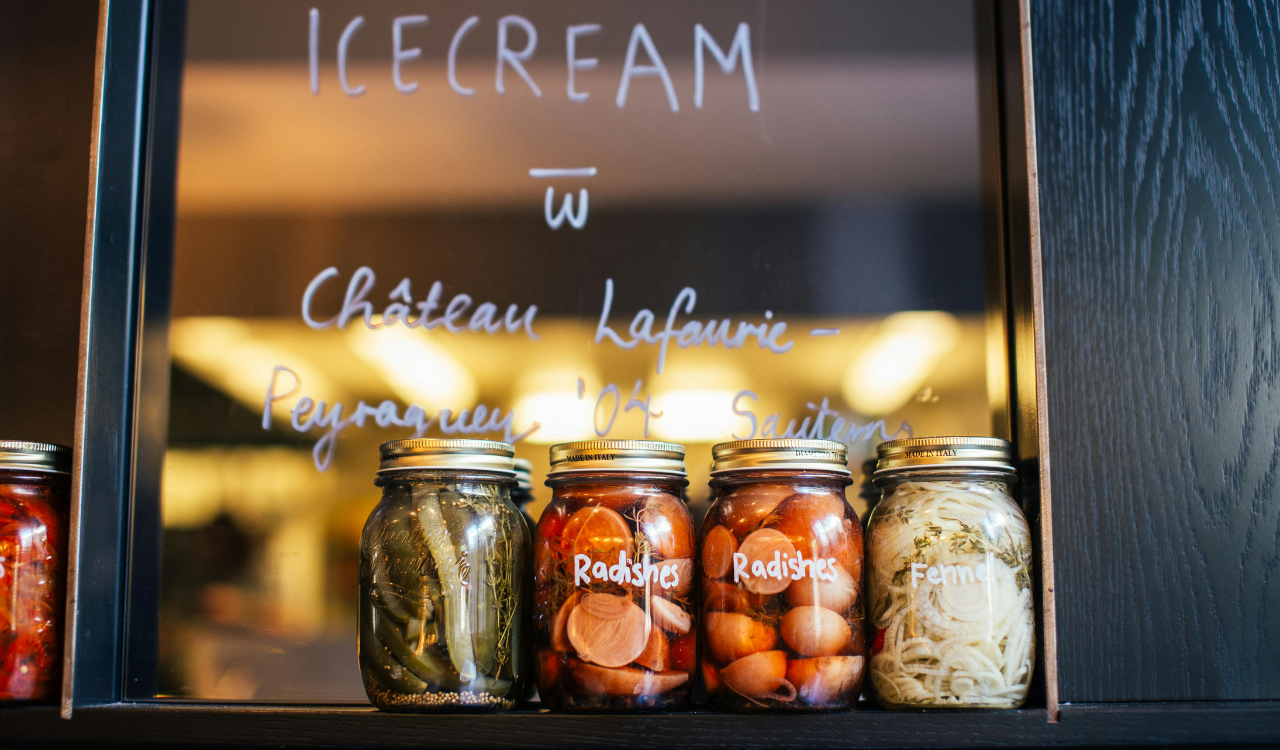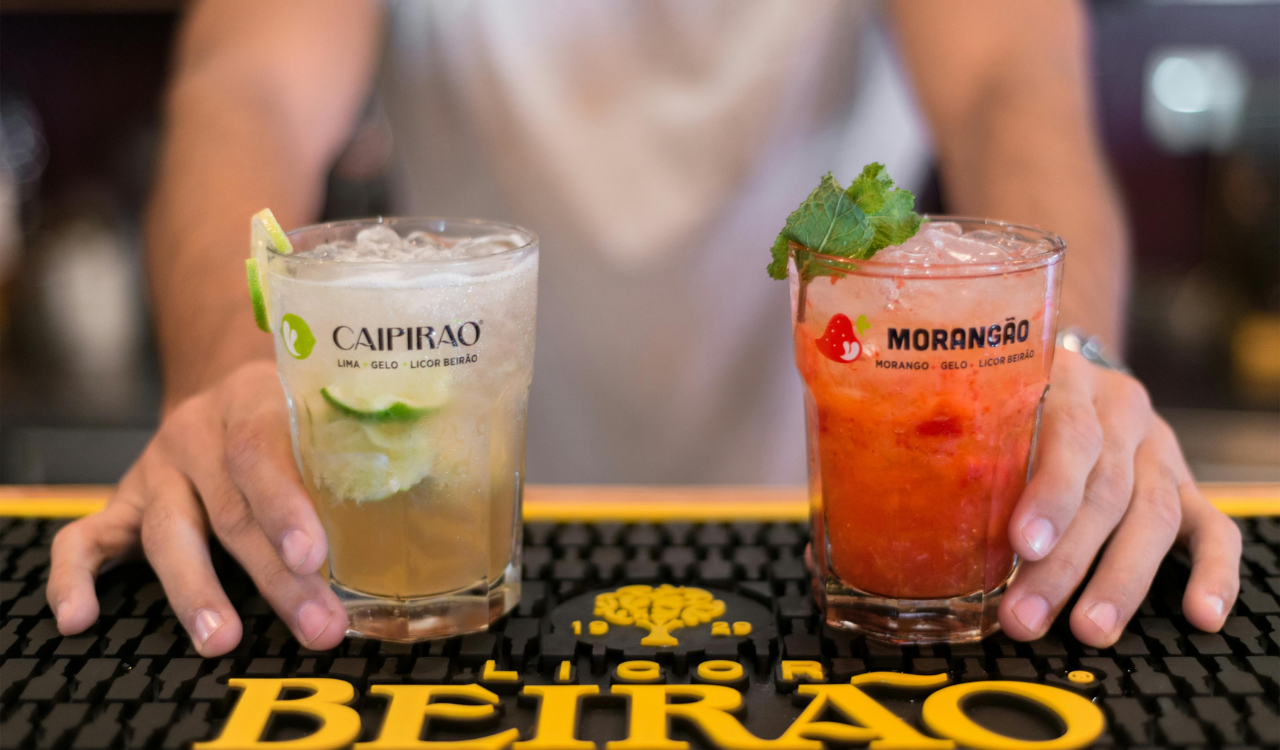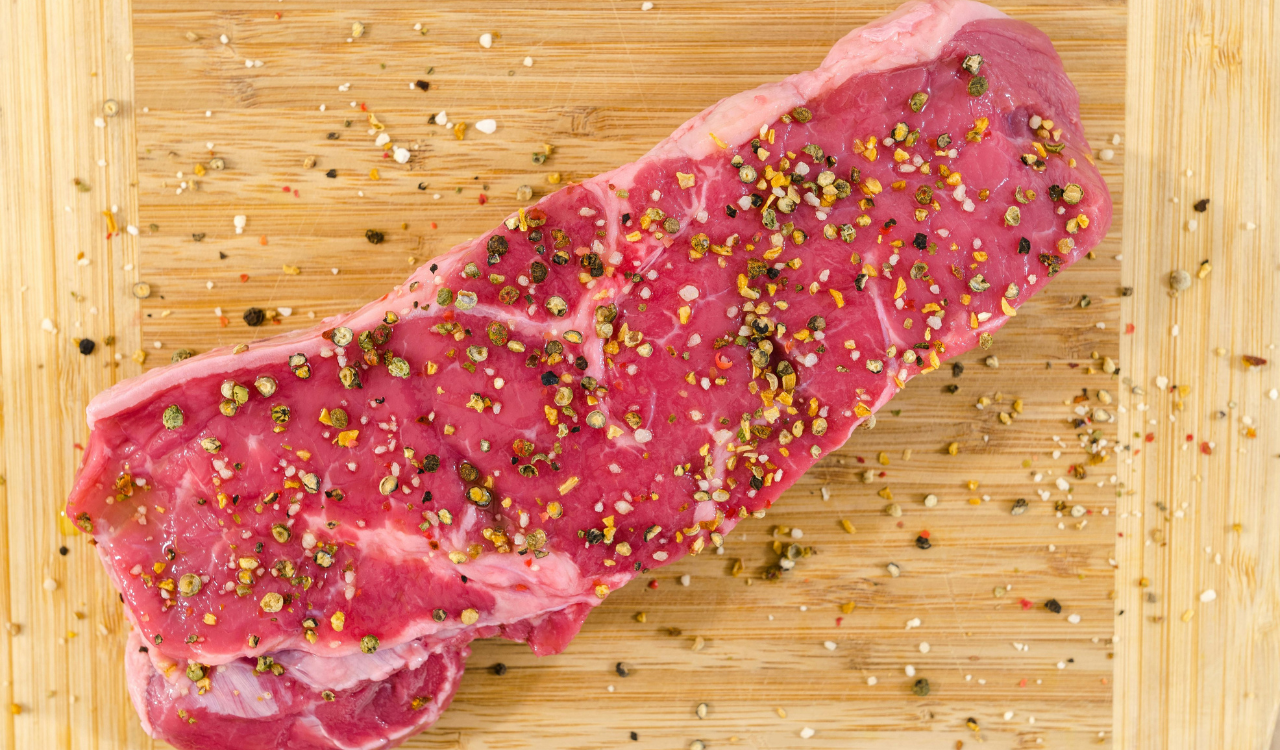7 Soul Food Stops On Civil Rights Road Trips
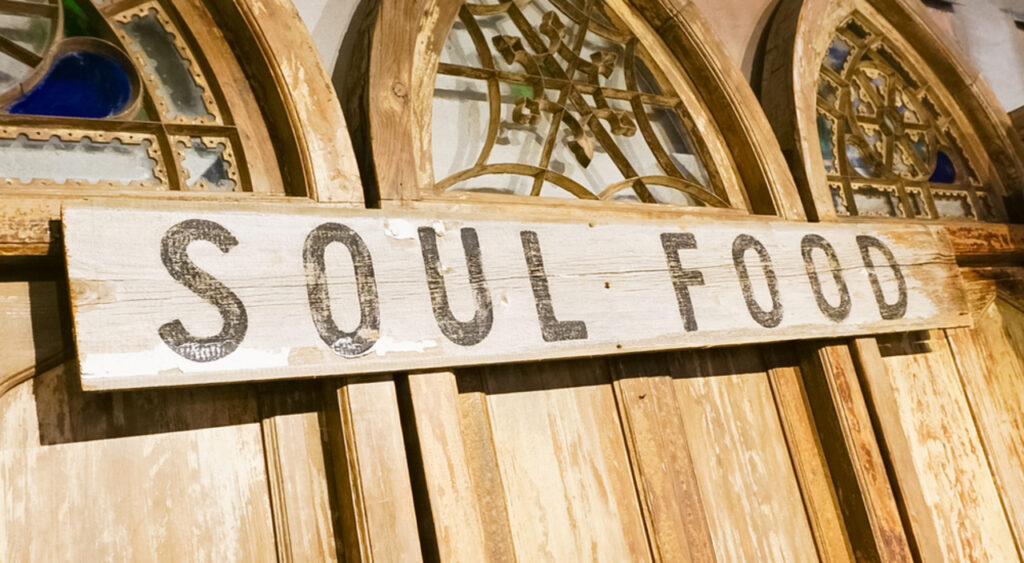
Embark on a flavorful journey through the American South, where every meal tells a story. Alongside historic civil rights landmarks, these soul food stops offer more than just food; they celebrate the spirit of community, resilience, and culture that defined a generation. From crispy fried chicken to savory greens and sweet pies, each dish connects diners to the people and moments that shaped history. Every bite is a delicious way to experience Southern tradition and honor those who paved the way.
1. The Busy Bee Café, Atlanta, Georgia
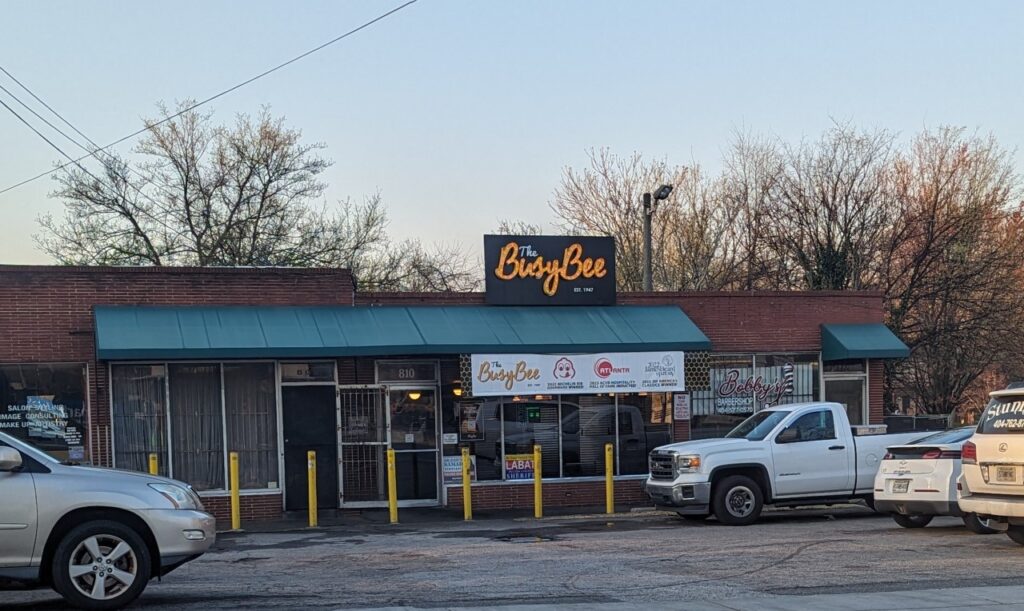
In the heart of Atlanta’s Old Fourth Ward, the Busy Bee Café stands as a testament to the resilience and spirit of the community. Established in 1947 by Lucy Jackson, affectionately known as “Mama Lucy,” the café quickly became a cornerstone for both soul food enthusiasts and civil rights leaders. Located on Hunter Street, now Martin Luther King Jr. Drive, the café was one of the few establishments where Black patrons were welcomed during the era of segregation. Its walls have witnessed conversations and strategies that contributed to the shaping of the civil rights movement. Today, the Busy Bee Café continues to serve its signature fried chicken, collard greens, and cornbread, offering a taste of history with every bite.
2. Dooky Chase’s Restaurant, New Orleans, Louisiana
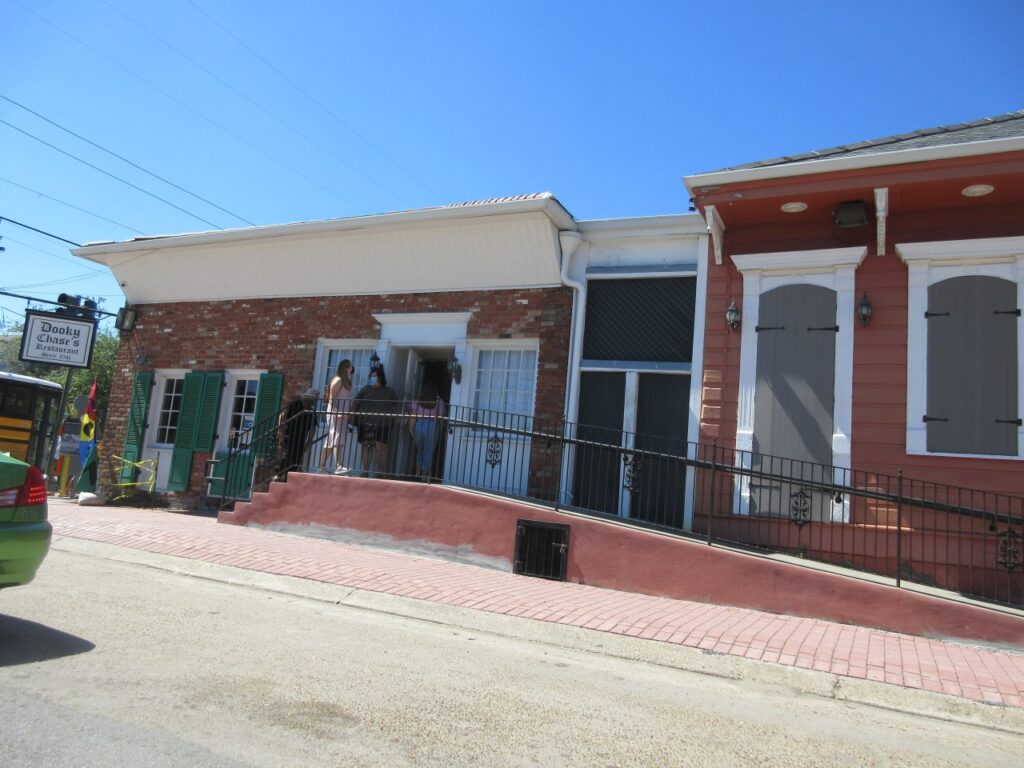
Dooky Chase’s Restaurant in New Orleans is a culinary institution with deep roots in the civil rights movement. Founded in 1941 by Emily and Dooky Chase, the establishment began as a sandwich shop and evolved into a full-service restaurant. Under the guidance of Leah Chase, the restaurant became a gathering place for civil rights leaders, offering a space to discuss strategies over bowls of gumbo and fried chicken. The walls are adorned with African American art, reflecting the rich cultural heritage of the community. Recognized by the James Beard Foundation as an “America’s Classic,” Dooky Chase’s continues to serve as a beacon of history and hospitality.
3. Mrs. Wilkes’ Dining Room, Savannah, Georgia
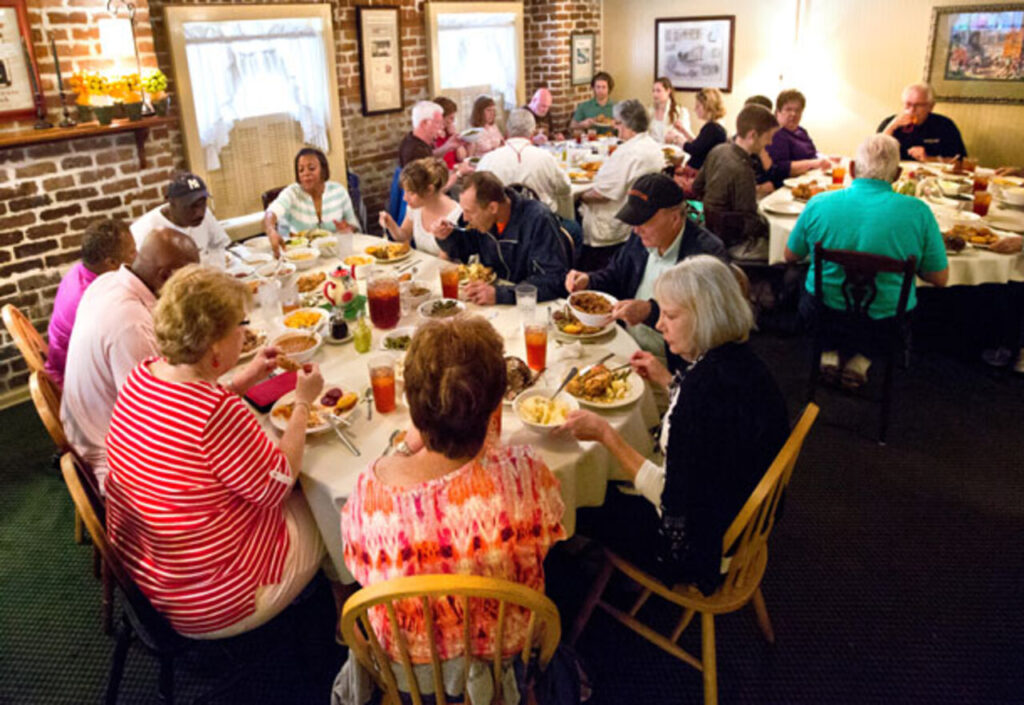
In the historic district of Savannah, Mrs. Wilkes’ Dining Room offers more than just a meal; it provides a glimpse into Southern hospitality and tradition. Established in 1943 by Sema Wilkes, the restaurant operates out of a 19th-century boarding house, serving family-style meals that bring together locals and visitors alike. Known for its fried chicken, cornbread, and collard greens, Mrs. Wilkes’ became a gathering spot for community members to share stories and meals. The communal dining experience fosters a sense of unity and connection, reflecting the values that sustained the civil rights movement.
4. Thelma’s Kitchen, Montgomery, Alabama
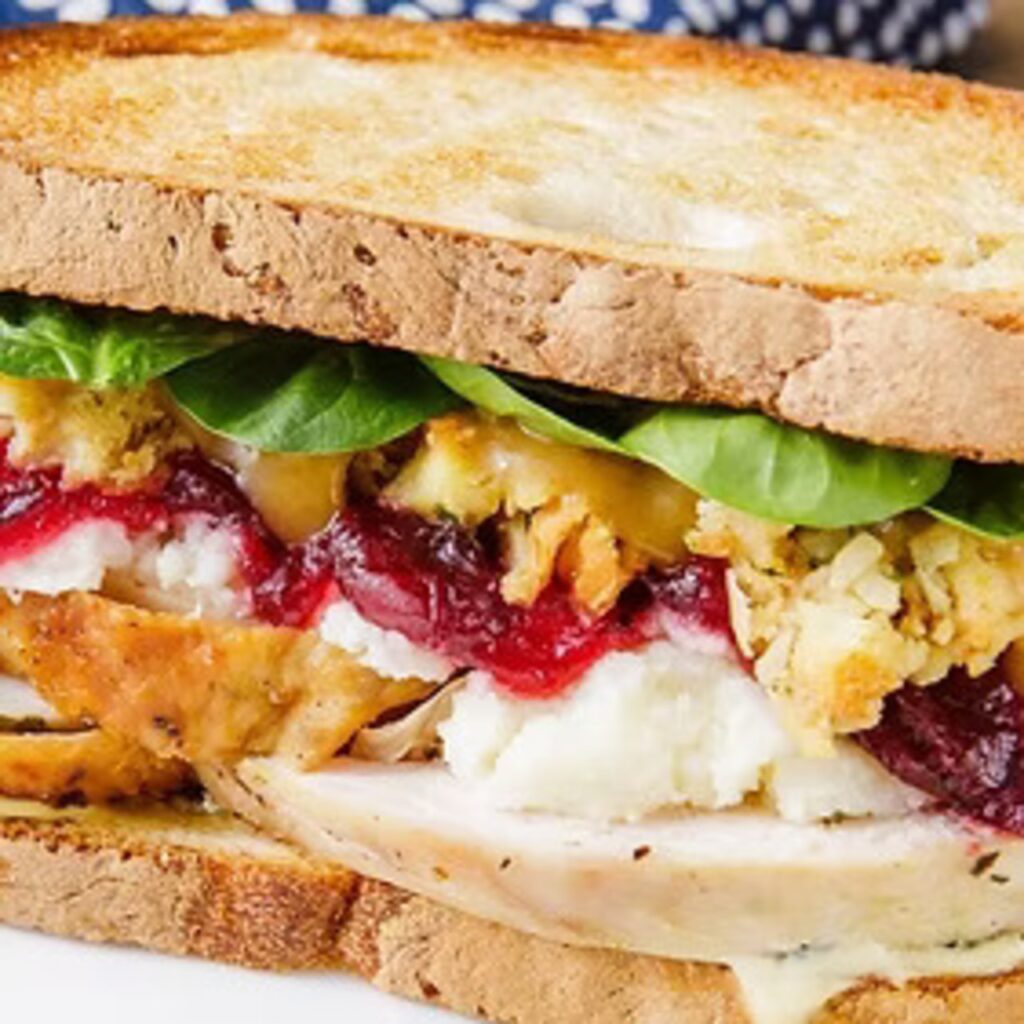
Thelma’s Kitchen in Montgomery, Alabama, began as a humble endeavor to feed neighbors in need. Thelma Davis, renowned for her fried chicken, opened her home to both friends and strangers, offering meals that nourished the body and soul. Over time, this act of kindness blossomed into a full-fledged restaurant, continuing the legacy of community and care. Today, Thelma’s Kitchen remains a place where patrons can enjoy hearty Southern dishes while honoring the spirit of generosity and activism that characterized the civil rights movement.
5. Mammy’s Cupboard, Natchez, Mississippi
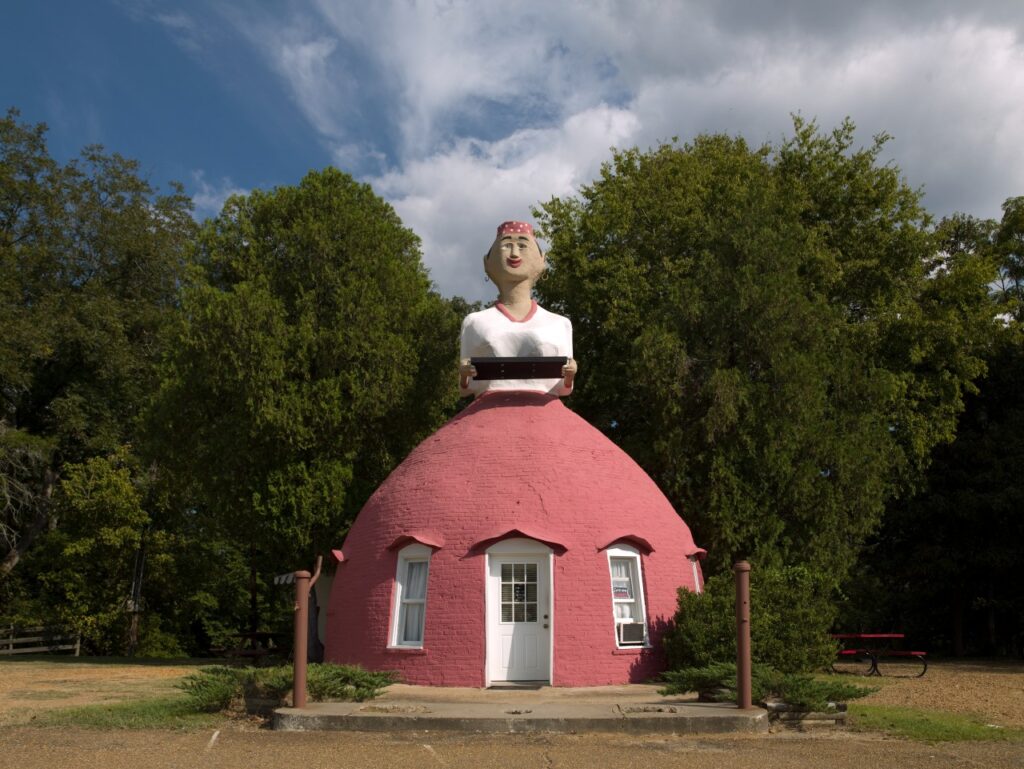
Mammy’s Cupboard in Natchez, Mississippi, is a unique roadside attraction that blends history, architecture, and cuisine. Established in 1940, the restaurant is housed in a 28-foot-tall statue of a Black woman dressed in a red skirt and white blouse. Inside, diners are treated to classic Southern fare, including fried chicken, catfish, and homemade pies. The restaurant’s distinctive appearance and menu make it a memorable stop for travelers seeking a taste of the South’s culinary traditions.
6. The Four Way, Memphis, Tennessee
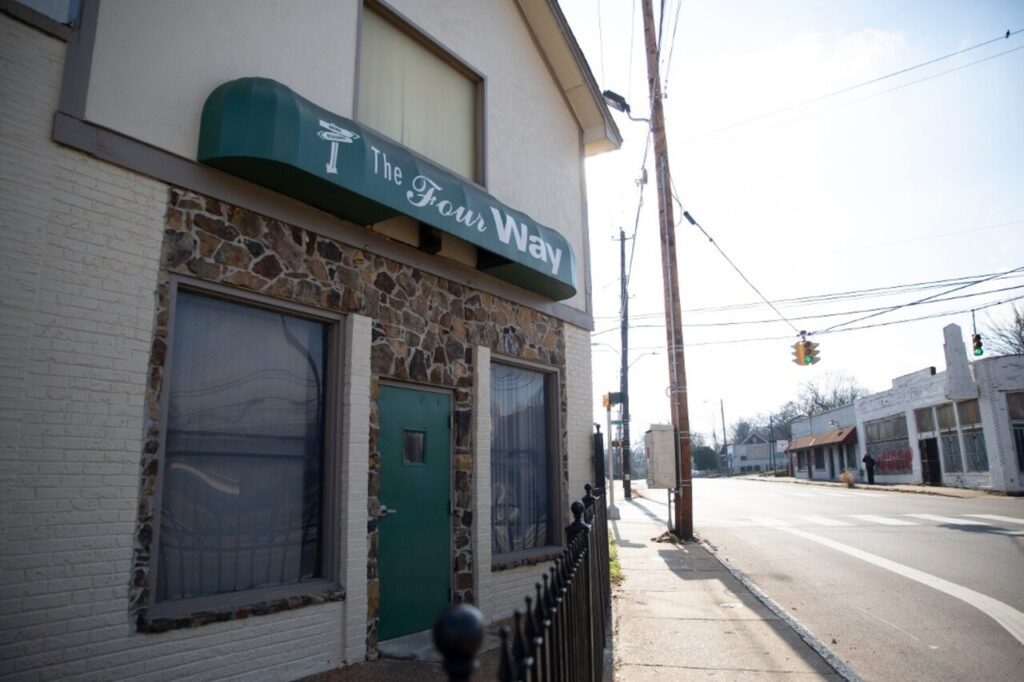
The Four Way in Memphis, Tennessee, is a landmark that has been serving soul food since 1946. Known for its fried chicken, chitlins, and sweet tea, the restaurant has been a gathering place for community members and civil rights leaders. Its unpretentious setting and hearty meals reflect the values of resilience and unity that characterized the civil rights movement. Dining at The Four Way offers a chance to experience the flavors and history that have shaped Memphis’s culinary landscape.
7. Paschal’s Restaurant, Atlanta, Georgia
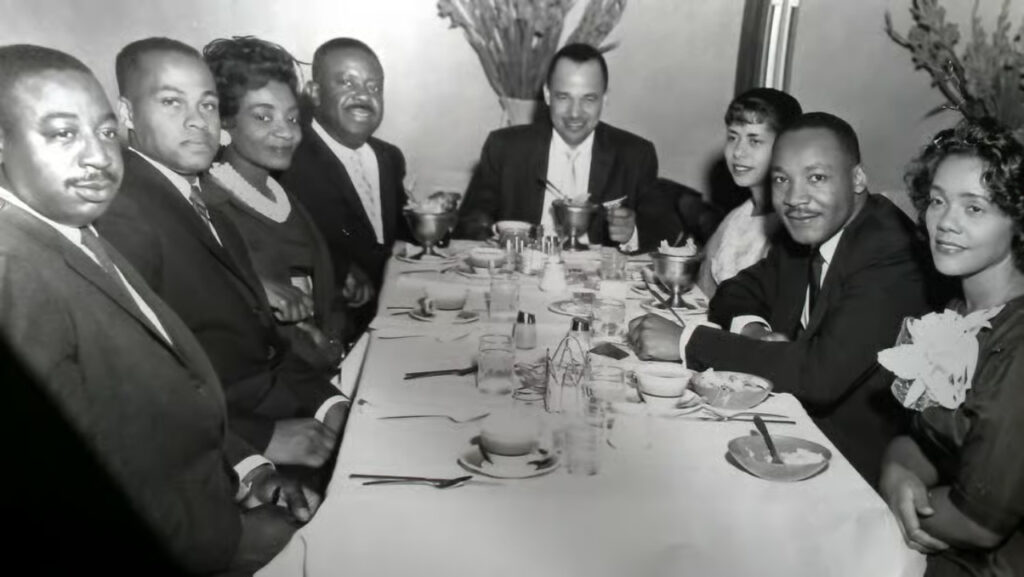
Paschal’s wasn’t just a restaurant; it was a command center for the Civil Rights Movement. Brothers Robert and James Paschal opened it in 1947, serving fried chicken, collard greens, and cornbread that quickly earned a loyal following. By the 1960s, the upstairs dining room became a safe haven for leaders like Dr. Martin Luther King Jr., John Lewis, and Andrew Young to meet in private. Deals, strategy sessions, and late-night conversations happened over plates of soul food that carried both comfort and courage. The Paschal brothers also opened their hotel next door, one of the few places in Atlanta where Black travelers could stay with dignity.


